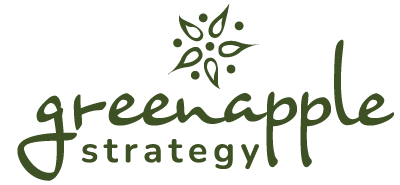Good sales teams are incredibly disciplined when it comes to monitoring the metrics that impact their ability to achieve their overall goals. Whether it’s certain sales cycle metrics, close rates, or deal rates, most sales professionals know exactly what they need to do to meet their quotas. However, most sales people are clueless when it comes to determining which marketing metrics impact their efforts.
3 Marketing Metrics Your Sales Team Should Know
While your sales team may never be interested in knowing website activity, email performance, or social media interactions, here are three marketing metrics they should be paying attention to:
- Lead Response Time. The rise of inbound marketing means companies are becoming more focused on online tactics to generate leads. However, research has shown that lead response time is one of the most important metrics for effective inbound marketing. Companies that wait a full 24 hours before contacting the lead are 60 times less likely to qualify the lead than those who responded within the first hour. Speed of response is key.
- Content Consumption Metrics. Knowing the most type of content that is consumed most by your audience is another valuable insight to track. This gives you perspective into the ideas and concepts they’re most interested in. In many cases, a CRM can provide you with insights on the specific content a prospect has downloaded or read. If you don’t have that kind of detailed insight, knowing your most popular resources can provide a decent understanding.
- Velocity. Velocity represents how quickly a qualified lead can turn into a closed deal. This provides an idea for the number of leads you need at any given time in order to hit your upcoming revenue goals. Knowing how long it takes for a lead to convert provides both sales and marketing with a better understanding of what they need to do to hit their goals.
If marketing impacts your buyer’s decision in any way, shape, or form, it’s important to know the activities that influence them most. These three metrics will provide you with a solid foundation of the marketing metrics that impact your ability to meet your quotas and achieve your goals.


